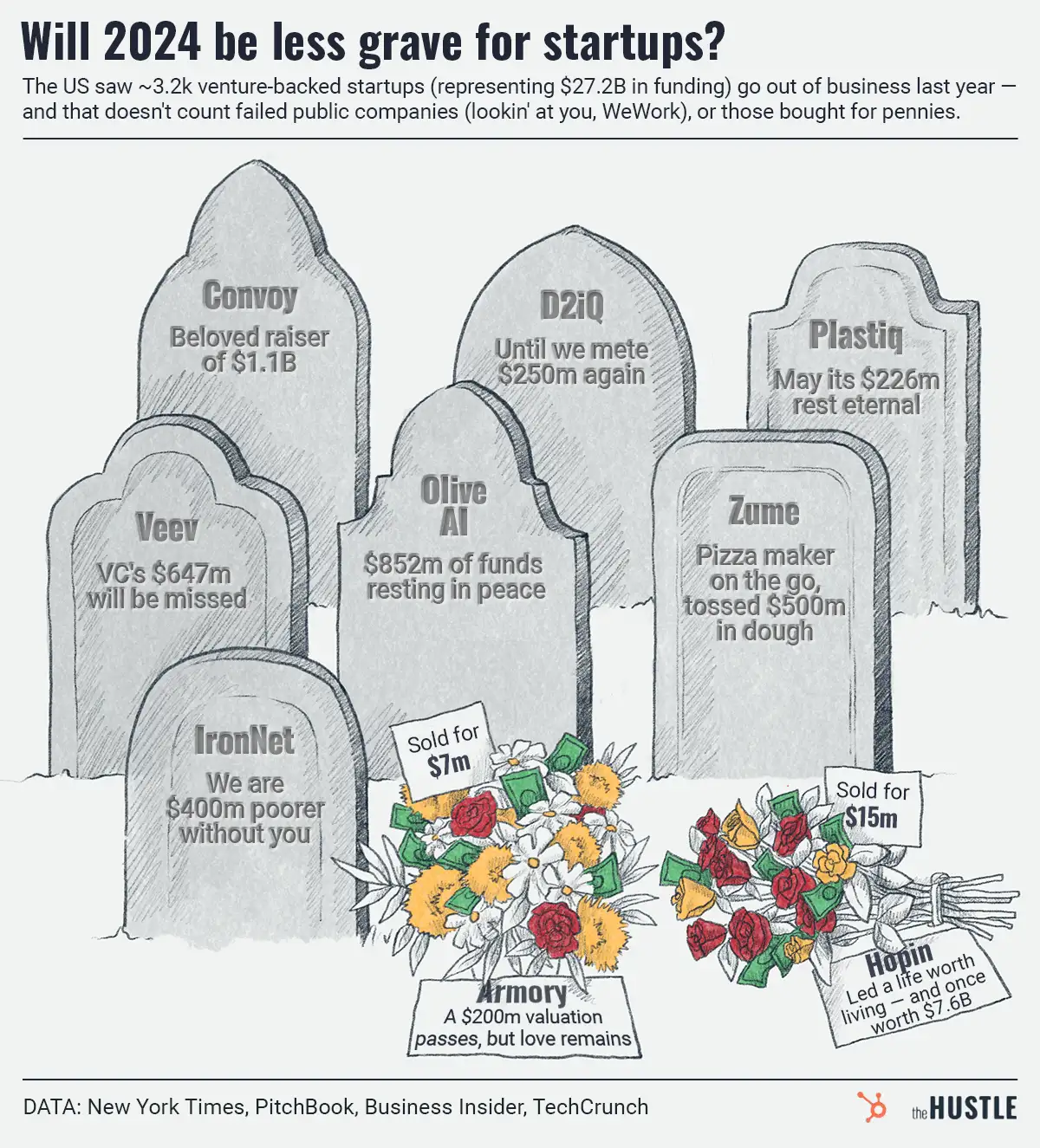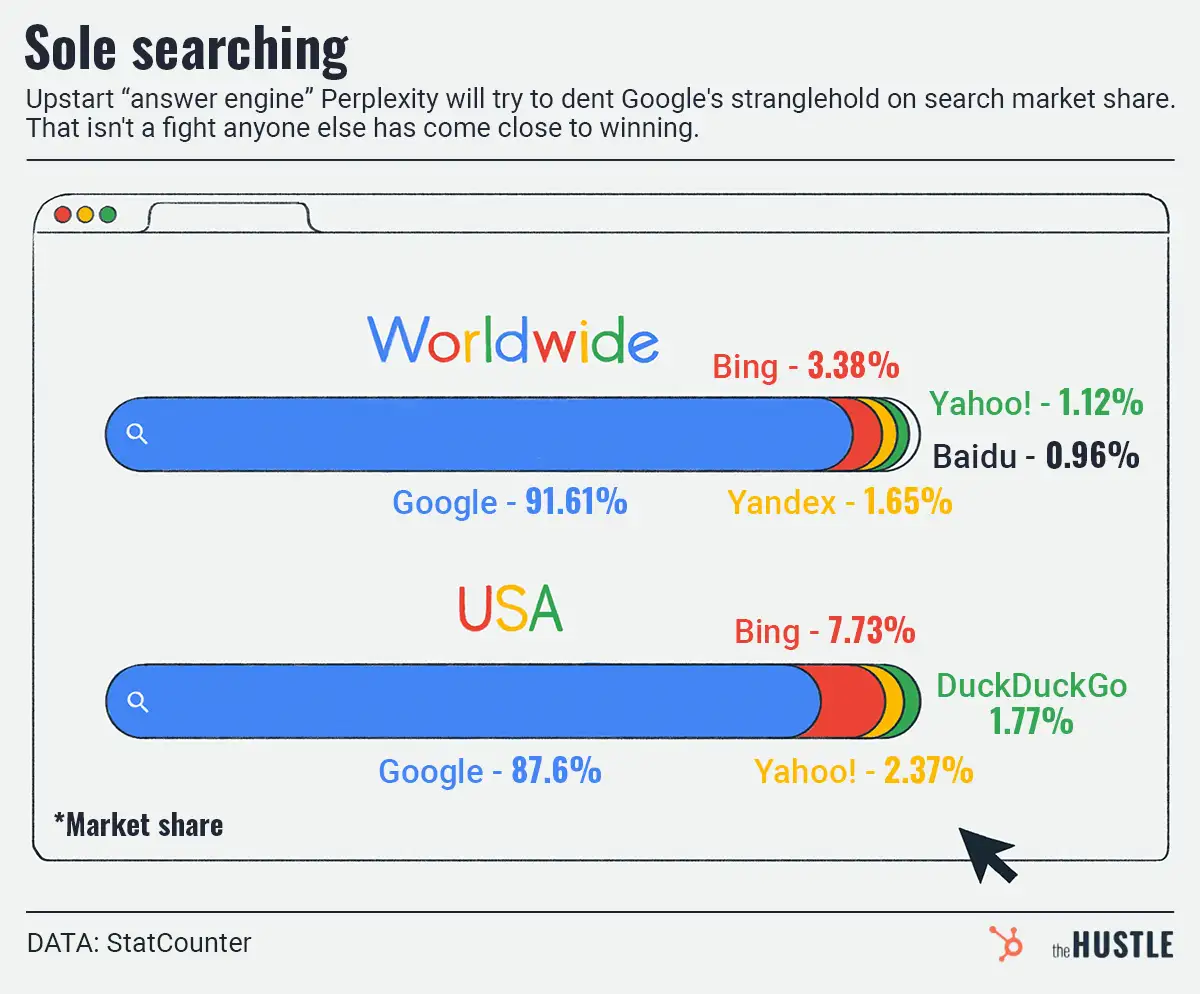A TL;DR timeline (for lazy readers):

2011: Maren moves from Reno to SF to attend an incubator; Zirtual is born
2012: Maren and her co-founders scale Zirtual to a profitable, $70k/month company
2013: Tony Hsieh comes on as an investor
2014: Other angels and traditional VCs come in for a total of $5m in funding
Jan 2015: At $1m/month in revenue, Zirtual switches from a contractor to a full-time employee model, rocketing their burn rate to $400k/month
Spring 2015: Maren realizes that Zirtual’s outsourced financial firm missed 2 full payroll cycles in its projections
Summer 2015: Maren persuades investors to give Zirtual $3m cash infusion
Aug 5 2015: An investor gets cold feet just as the round is set to close. The deal collapses. Maren and her co-founders are left scrambling
Aug 9 2015: Maren sends an email laying off her 400-person staff. Maren steps down; sells Zirtual to Startups.co CEO Wil Schroter
“I had an employee text me, ‘I didn’t know this kind of evil laid in your heart’”
In 2011, when I was 25, I launched Zirtual, a virtual assistant company focused on saving time for busy entrepreneurs. For months, my co-founders and I slept on bunk-beds in my tiny studio to build it into a legitimate business.
After two years in business, we were profitable on $50k to 70k in monthly revenue. Then, Tony Hsieh (founder of Zappos and the Vegas Tech Fund) came on board as a investor and suddenly we were the cool kids in the Silicon Valley.
By 2015, we’d raised $5m and scaled our workforce, which started as mostly contractors, to 400 full-time employees — 80% of them stay-at-home moms working remotely. These were real people with real bills, and their well-being was in my hands.
We wanted to do the right thing for our people, but when we switched from an independent contract model to employing our assistants full time, our expenses went through the roof. I had naively outsourced all of our bookkeeping, and I was too inexperienced to understand the true cost of the change.
And, when our investors got cold feet on an emergency cash infusion, it sent Zirtual into a death spiral.
Suddenly, I had only 4 days to get enough money in the bank to keep our lights on — and when we couldn’t pull it off, I had to lay off everyone in the company literally overnight.
It all started with a haunted cane…
I was born in Texas, in a little town called Plano, not surrounded by an incredibly entrepreneurial culture. But when I was a teenager our family moved to Vegas and I got my first taste of that lifestyle — the hustle and bustle of people trying to build things.
I remember reading the The Wall Street Journal with my grandpa as a kid and realizing there was this entire world outside of my very small corner of the map that I didn’t fully understand; and that’s actually where I got the idea for my first business. I was 19 in college in Reno, reading an article in WSJ about somebody who sold a “haunted” cane on E-bay for $80k. I just thought to myself, That’s insane, people are willing to buy that stuff? I can do that.
People don’t buy things, they buy stories
I started selling jewelry on E-bay from thrift stores (and eventually importing in bulk from Indonesia), and marketing them a “confidence ring,” or a “love attraction ring” etc, with include facts about the metal and stone’s purported metaphysical qualities. I didn’t know if the jewels were metaphysically charged or not, but people bought my jewelry because of the story behind it, for how it made them feel.
It never clicked at 20 when I was doing it, but years later at Zirtual I realized, people buy a story that resonates with the person they want to be, not necessarily who they are at that moment. And that’s part of how we built our brand.
At this point, I realized I never wanted a 9-to-5 job. I started blogging and launched a social media marketing business helping small companies in Vegas. Eventually I hired people overseas to help me, and people started asking me, “How do you find your virtual assistants?” So I had my virtual assistants start hiring their friends and I would sell those matches to my blog readers. And that’s how Zirtual was born.
“I came to San Francisco at 25 knowing nothing about Silicon Valley”
I applied to an accelerator in Silicon Valley to try my hand at building Zirtual into a big business. So I took the train from Reno to SF at 25, knowing nothing about the startup world — I didn’t even know what the word VC meant — and slept in a hostel for 3 months until I graduated.

Zirtual had been operating for a few months, but I knew we had to start scaling, so I brought on two co-founders: Erik Jensen and Collin Vine, and told them “come up to SF and work with me for a few weeks and if you don’t like it, you can hop on a flight back home.”
Luckily for me, they never left. For the next few months we slept on bunk beds in my tiny studio in the city and spent every day just building. Zirtual was one of the first virtual assistant businesses around and started growing like crazy.
With just a few full-time employees and a team of remote, US-based contractors we hit profitability on nearly $70k a month in revenue. We a strong culture, a great brand and amazing people.
That’s when Tony Hseih came in
In 2013, we were 2 years into our business when we were lucky enough to land Tony as an angel investor, his vote of confidence helped us land more traditional VCs, and over 5 years we got about 20 investors to contribute a total $5m in funding.
Practically overnight, we were the hot startup on the block. That’s the nature of venture capital: you just need one person to take the risk and validate your business, and then everybody else swarms. It’s a complete pidgeon mentality.

The next two years after the funding came in were a whirlwind. We were growing at breakneck pace and, as a first-time founder, I was learning on the job. I had always balanced the books for my little businesses and one investor in particular told me, “you don’t need a CFO yet, just hire an outsourced firm, you’ll be fine…”
But the thing is, you can go broke if you don’t know your unit economics like the back of your hand.
Sh*t I’m F*cked
By 2015 we were doing nearly $1m in monthly revenue, had funding, and we wanted to do right by our people — so we decided to bring our entire workforce in-house as full-time employees.
But, when we made that move and started onboarding new employees, our burn went through the roof. Our outsourced financial firm was atrocious, and they didn’t calculate the true cost of what it would mean to go from contractors to employees.
The thing was, up to that point, it was almost impossible for us to spend more money than we were making: everyone was a contractor, so if all of a sudden, we lost clients we could say, “I’m sorry, we don’t have work for you.” But bringing on people full-time meant we were burning $300k-400k a month on training, salaries, and benefits.
SH*T, I’M F*CKED
That spring, I started to suspect there might be a mistake in our projections, and after digging into the numbers myself I saw that our financial firm had not only failed to take these additional costs into our projections, they had failed to account for 2 full payroll cycles.
Unfortunately, raising the little money we did left us almost no buffer to operate at a deficit. And by the time I realized that we needed to make major changes to the business to get our spending under control, we were down to the wire.
I sent a letter to investors proposing the changes and asking for money to float us. Some investors were on board, and for a second it looked like we were going to pull up out of the spiral — then in August, just as we were were meeting to close the round, one investor got cold feet. And, just like they came in, they all dropped one-by-one.
Suddenly, I was left with 4 days to figure out how to get money in the bank, because come Monday we wouldn’t have enough money to pay our people.
My co-founders and I worked 24 hours a day making calls and trying everything we could think of to right the ship, and when nothing worked, I sent an email to all of my 400 employees at midnight on Sunday, August 9th, telling them that the next day, they were out of a job.
“It felt like a bomb going off”
It was a complete nightmare. I got angry texts from employees who were hurting, people whose livelihood I was responsible for, saying things like, “I didn’t know this evil laid in your heart.” I got terrible press calling me “shady” and “incompetent.”

We had enough money left to pay our employees for the work they done, but no more, and we zeroed our bank account paying them out.That’s when Wil Schroter, CEO of Startups.co approached us and offered to acquire Zirtual’s brand.
All I wanted to do at that point was to make good with my employees, so I signed the deal, stepped down from the company, and my co-founders and I spent months handing things off and trying to find jobs for people, get them referrals.
I realize now what a serious responsibility employing people is. In Silicon Valley we think of “rocket ships” and “crashes” and we think of programmers can go and get new jobs tomorrow if things don’t work out. But 80% of Zirtual’s employees were remote stay-at-home moms. People who couldn’t just run out and get a job at Facebook; people bills to pay and families to support.
“I’m not gonna have a pity party, I’m gonna own up”
Looking back 2 years later, there are hundreds of things I should’ve done differently. I should have rang the alarm bell earlier. I should have asked for help more often. I should have built out a full board to advise me and act as a check and balance. I should have fired the financial outsource firm we used the moment I kind of thought things were fishy and not just trusted the “adult” in the room. I should’ve taken care of myself and not made stress-based decisions.
But, the one thing we did phenomenally was hire great people at scale. I’m now taking the good from what we built at Zirtual to launch a boutique recruiting firm that works to place employees at startups — we’re profitable and, unlike my previous company, I’m not planning on taking on outside capital.
Founder/CEOs can often become a single fault point for their entire startup. And when you mess up as CEO, hundreds of people can lose their jobs. Have safety mechanisms in place: surround yourself with experienced advisors and don’t be afraid to ask for help — “fake it ‘til you make it” works until it doesn’t.
Founder and former CEO of Zirtual Maren Kate Donovan, as told to Lindsey Quinn exclusively for The Hustle.











